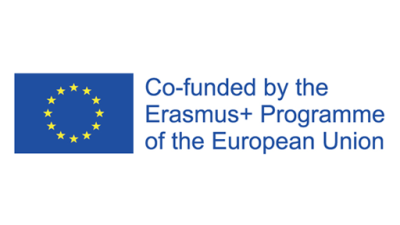Project
New Master's Degree Curricula for Sustainable Bioeconomy in Uzbekistan
Project sponsors
The New Master's Degree Curricula for Sustainable Bioeconomy in Uzbekistan (BIOEcUz) project will provide positive contribution to the development of sustainable and inclusive socio-economic growth in Uzbekistan. It will be promoted by development and implementation of new, innovative master level curricula, where knowledge from diverse fields of science is included, and multidisciplinary approach adopted are aimed at enabling graduates of the study programme to respond to the needs of the national economy, as well to support stakeholders, responsible for or dealing in areas, being part of the bioeconomy.
- Improve the level of competences and skills in HEIs by developing new and innovative education programmes.
- Improve the quality of higher education and enhance its relevance for the labour market and society.
Project results
In the project, a new and innovative Master Programme in bioeconomy was developed for Uzbekistan. It is based on the capacity development needs of Uzbekistan. The Master Programme was implemented in collaboration with Uzbekistan's universities, the ministry of agriculture, and European universities specialized in bioeconomy.
- Biobased Products and Value Chains (5 ECTS credits)
- Renewable Energy Production and Utilization (7 ECTS credits) – Jamk managed otherwise but 2 ECTS biogas module of Lithuanian partner
- Circular Economy (7 ECTS credits)
- Sustainable Logistics (5 ECTS credits)
- Smart Agriculture (2 ECTS credits)
- Innovation Practices (2 ECTS credits)
- Carbon Footprint (2 ECTS credits)
- Uzbekistan's university staff getting inspired about bioeconomy innovations - Jamk-arena (published in 25.1.2024)
- Uzbekkiryhmä saapuu tutustumaan Suomen biotalouteen | Tarvaalan tarinoita (jamk.fi) (published in 24.8.22)
- Uusi avaus: Jamk on toteuttamassa biotalouden maisteriohjelmaa Uzbekistaniin | Jamk (published in 30.6.2021)
